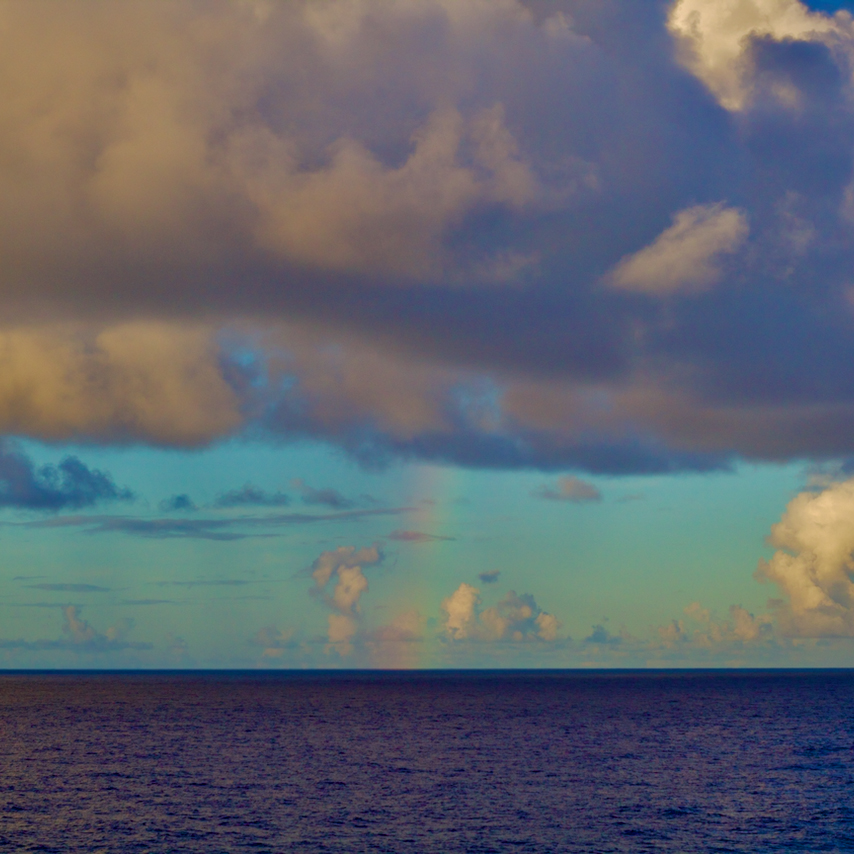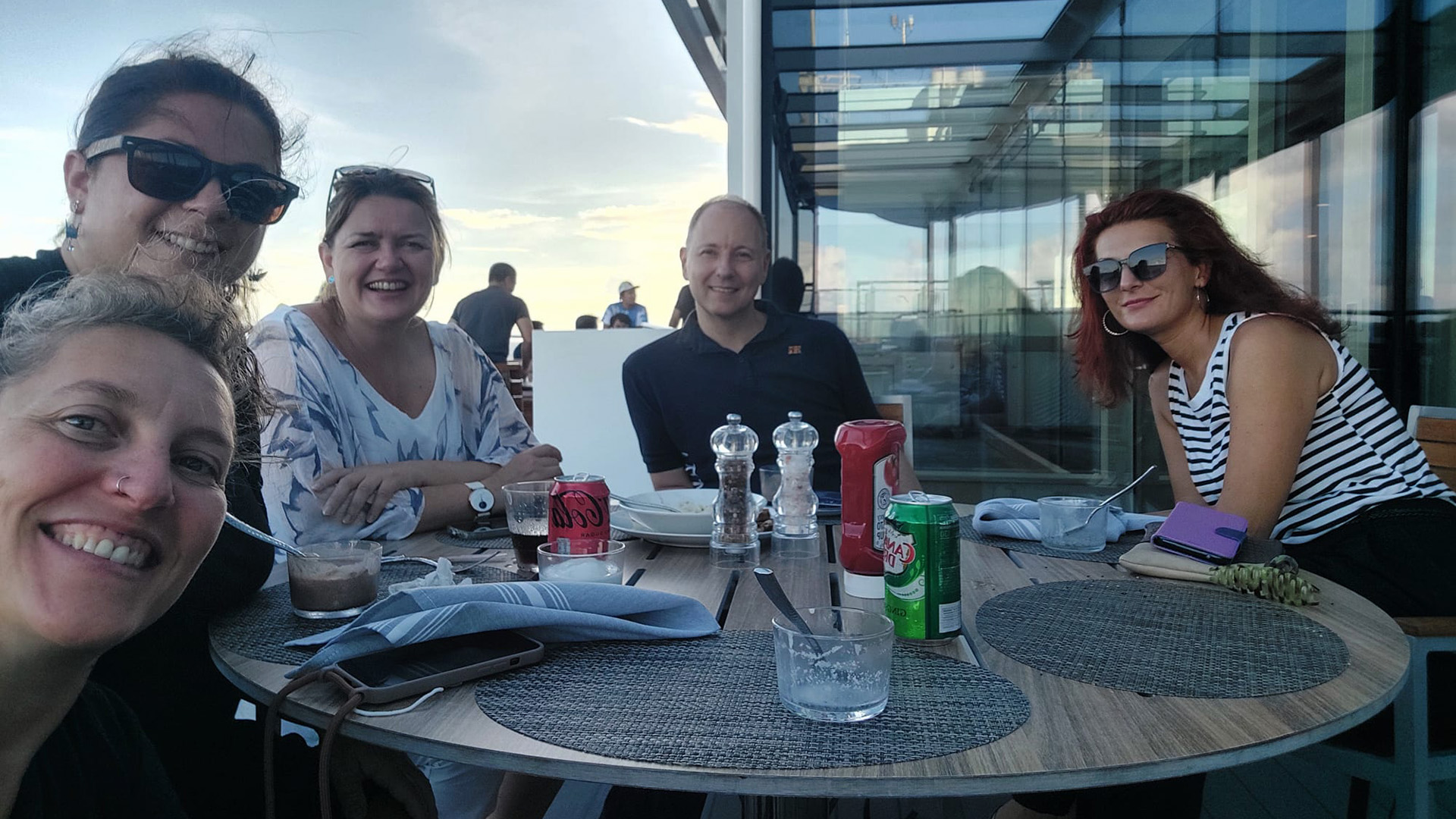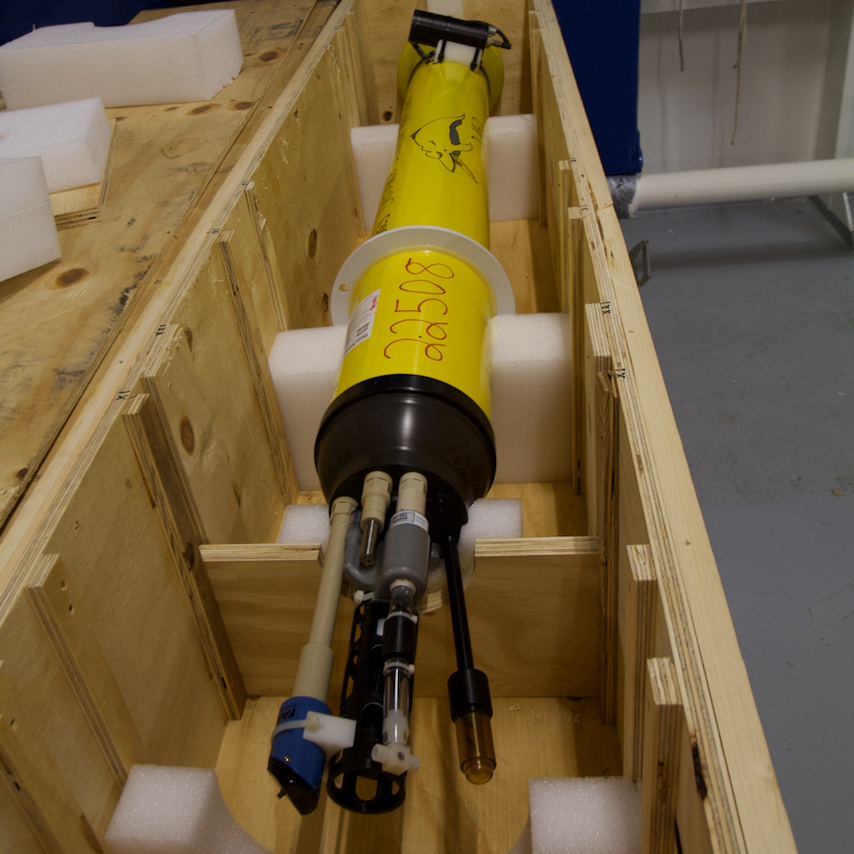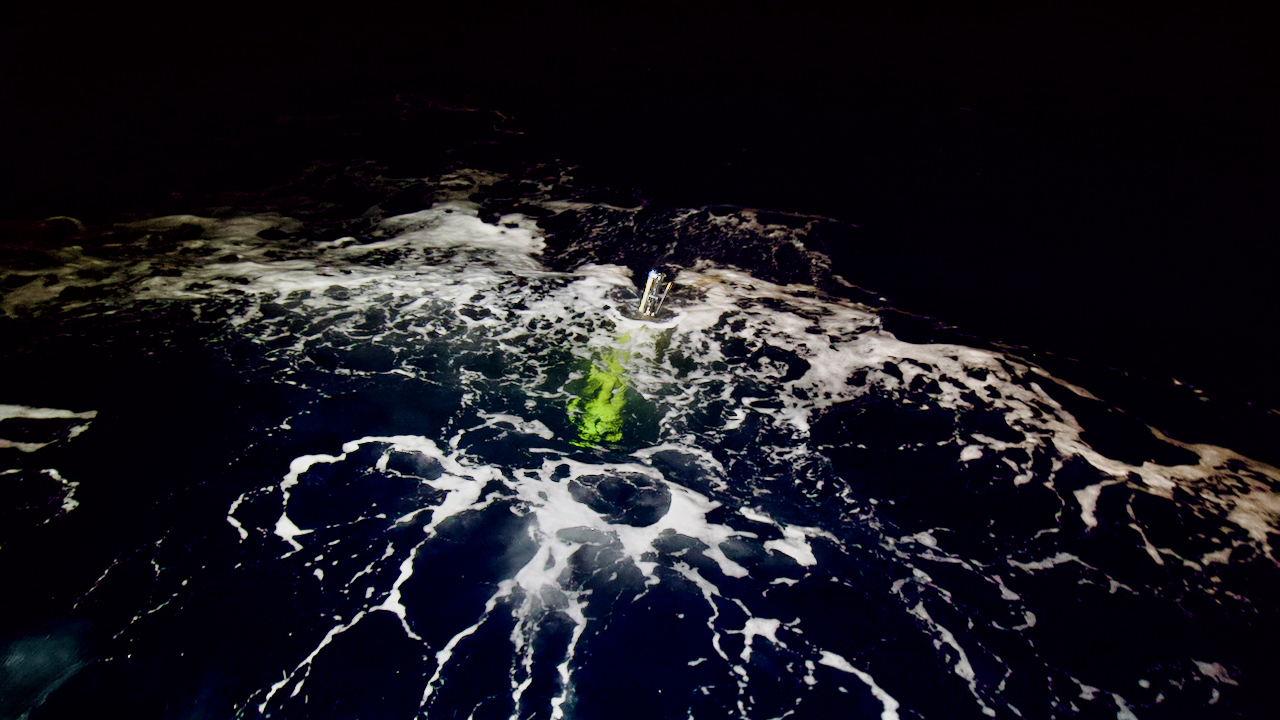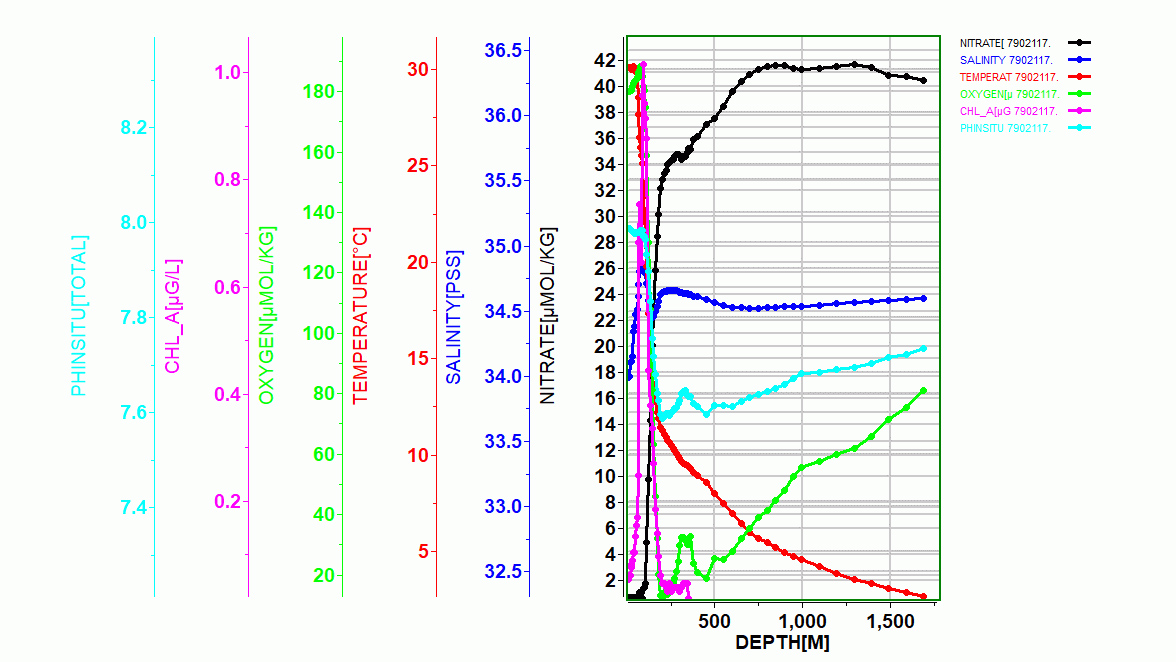Oligo
Oligo – adopted by the Sydney Distance Education High School in acknowledgement of the Oligocene
October 7, 2024
The first 10 days have already gone.. They went so fast! And they were all beautiful, with mesmerizing sunsets and rainbows that have blessed us. My time aboard has been enjoyably full, with reading, crochet, playing Zelda on Nintendo Switch, bird watching, or going to the gym and sauna. We also had the celebration of the 3rd anniversary of the NG Resolution, which was super cool: an amazing dinner out on deck 8, followed by a party with live music (!!!), and dances. Sooo much fun!!
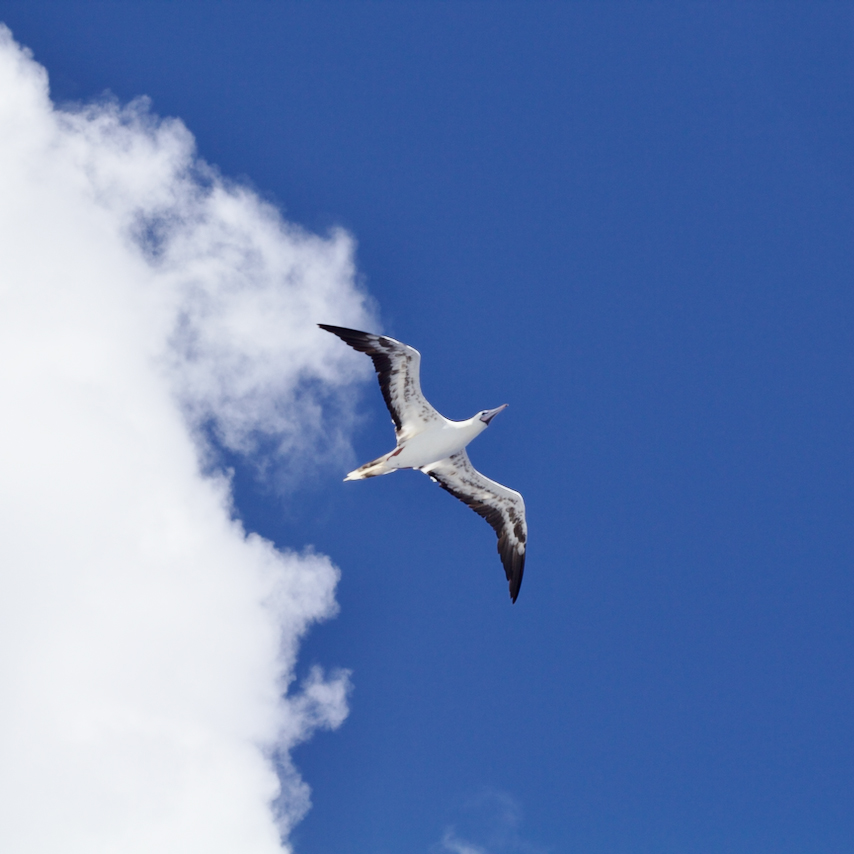
We also deployed our second BGC float. It was named Oligo by the students at the Sydney Distance Education High School. They chose this name as the abbreviation of Oligocene, which they remind us is “an epoch of Earth’s geological history from about 34 to 23 million years ago.” This was a time when the climate changed from warm and wet to cooler and drier due to the formation of the Antarctic ice sheets. Hopefully, with the use of Argo and other technology, humanity can minimize unnatural changes in the range and size of the Antarctic and other ice sheets, which have been a major part of our planet’s global ecosystem for over 30 million years. For the design on the float, they chose the image of a prehistoric toothed dolphin, a ferocious apex predator and apparently one of the first cetaceans to use echolocation as a means of navigating underwater (read more about the extinct large dolphin Ankylorhiza from the Oligocene here)!
Oligo (Float-ID 22508) was deployed at 09º 32.617’ N, 175º 00.739’ E on 2024/10/05 at 12:14 PM (UTC time). The ocean was very calm, which allowed for a very smooth deployment on the marina deck—the closest accessible point to the water. The first profile has already arrived, showing great data from all the sensors.
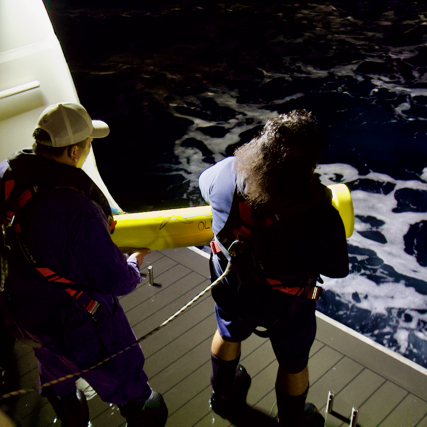
A very smooth deployment from the marina deck on the National Geographic Resolution. Photo by Isa Rosso
You can find data from this and other BGC floats on the GO-BGC website. Use one of the interactive maps to look for Oligo—just search for the Float-ID 22508. You can also find information on key parameters measured by each adopted float on the AdoptAFloatViz page.
Check the GO-BGC array in real time and stay tuned to hear about the next float deployments!
About the Author—Isa Rosso is a hybrid physical oceanographer with extensive experience in numerical models, ocean observations, and satellite data, with a deep passion for being at sea, where she can truly experience the power and beauty of our oceans.

